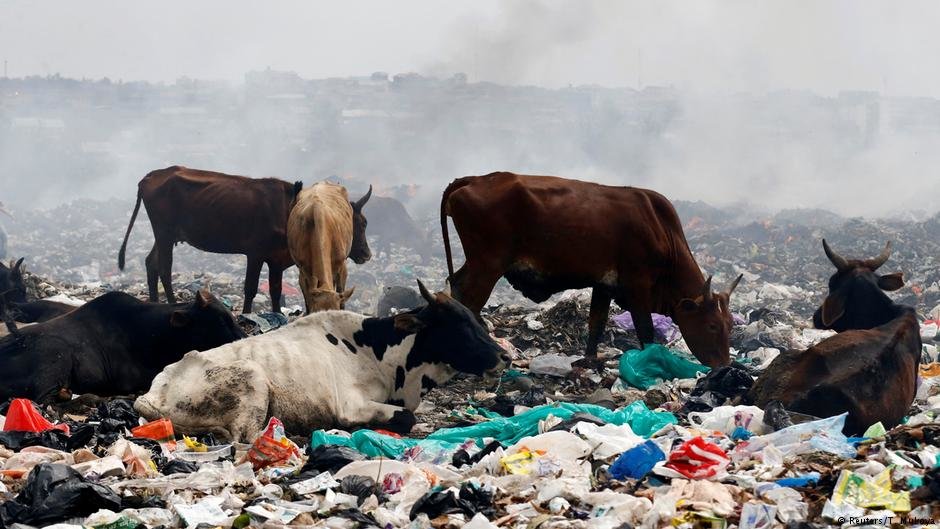
Plastic Pollution Reaches Turning Point as EU Proposes New Ban

National Geographic’s ‘Planet or Plastic?’ seems to be working as EU becomes as the first global region to announce its plan of banning all plastic straws and cutlery by 2021 in an effort to reduce pollution in the oceans.
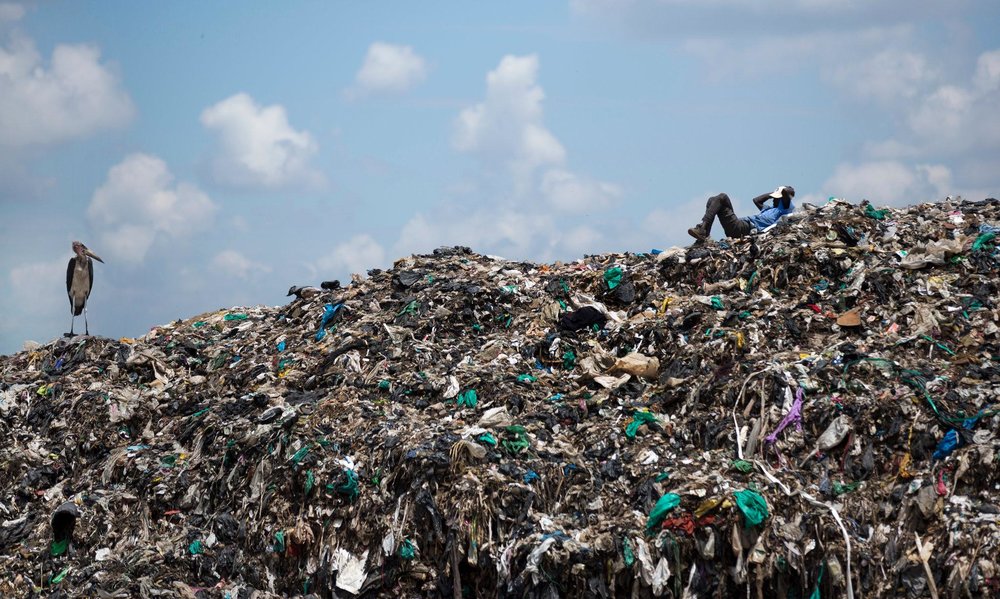
Scientists estimate that almost 8 million tons of used plastic ends up in landfills and oceans every year
EU Proposes Ban on Plastic Goods
More than 70 per cent of the marine litter consists of one-time use plastic cutlery, straws, cups and disposable fishing gear which is turning into a huge environmental and health crisis. The European Commission recently proposed a ban on 10 of the most common plastic products found in the oceans.
Commission’s vice president, Jyrki Katainen, says that non-recyclable plastic goods are so commonly used in the society but no one stops and asks where all this plastic goes after being used and discarded. The truth is that the waste remains on our planet, littering the land and the waters, and becoming a deadly trap for marine life. Katainen says that EU plans on phasing out single-use plastic products in favor of economical and environmentally friendly alternatives like recyclable plastics.
The new proposal is likely to spur investment in creating green packaging in the bloc, and companies like Starbucks have already taken the initiative by offering $10 million to anyone who comes up with a way to make their coffee cups more eco-friendly.
According to the announcement made on Monday, the proposed initiative would ban plastic products like drink stirrers, cups, plates, straws, cotton buds, cutlery, balloon sticks and all other items that can be replaced with sustainable alternatives. Other hard plastic items like storage boxes and reusable bottles will also be phased out once the commission has found alternatives for them.
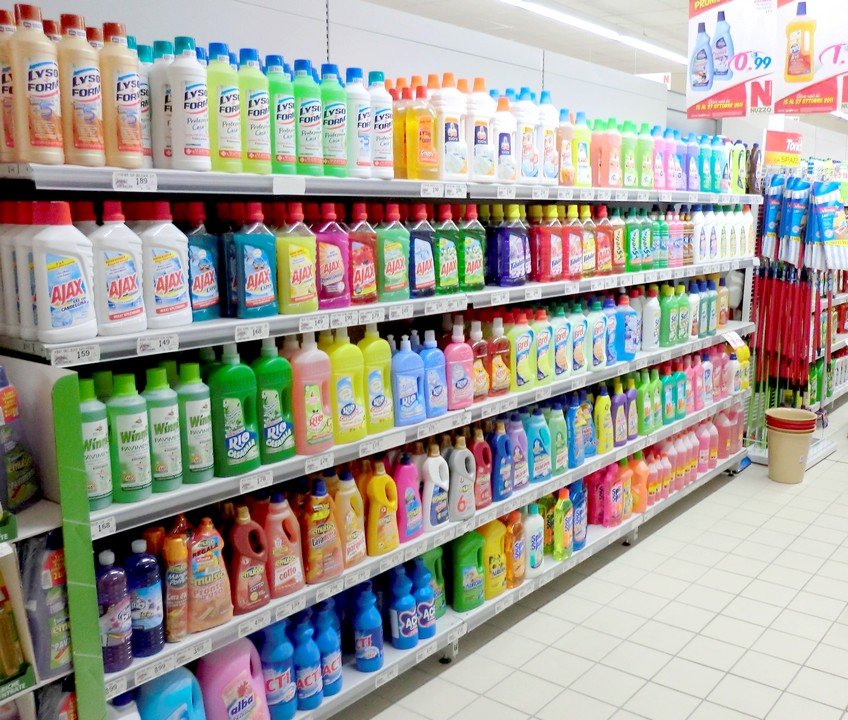
In UK, retailers and supermarkets are already eliminating all unnecessary plastic from their products and are aiming to become plastic-free by 2025
A Global Change
With plastic pollution becoming a huge environmental problem, governments around the world are planning to implement policies to ban single-use plastic goods that are being thrown in the oceans. In UK, retailers and supermarkets are already eliminating all unnecessary plastic from their products and are aiming to become plastic-free by 2025. New York has also vowed to reduce plastic waste by banning the use of single-use drink straws.
Other governments are also taking drastic measures to curb the impending environmental crisis. In Kenya, policymakers have introduced a new law under which anyone found selling goods in plastic bags is subject to heavy fines and up to 4 years in prison.
Many environmentalists argue that banning plastic goods is not enough to solve the waste problem. Instead of taking goods out of the market, lawmakers should focus their investments on creating efficient waste management and recycling systems.
UK’s PlasticsEurope head, Kim Christiansen, says that as an organization that represents plastic manufacturers in Europe, her company is in a position to make a significant contribution to the no-plastic initiative, but banning certain products might create another economic crisis. Christiansen urges the government to ‘avoid shortcuts’ and find a more long-term solution to the problem.
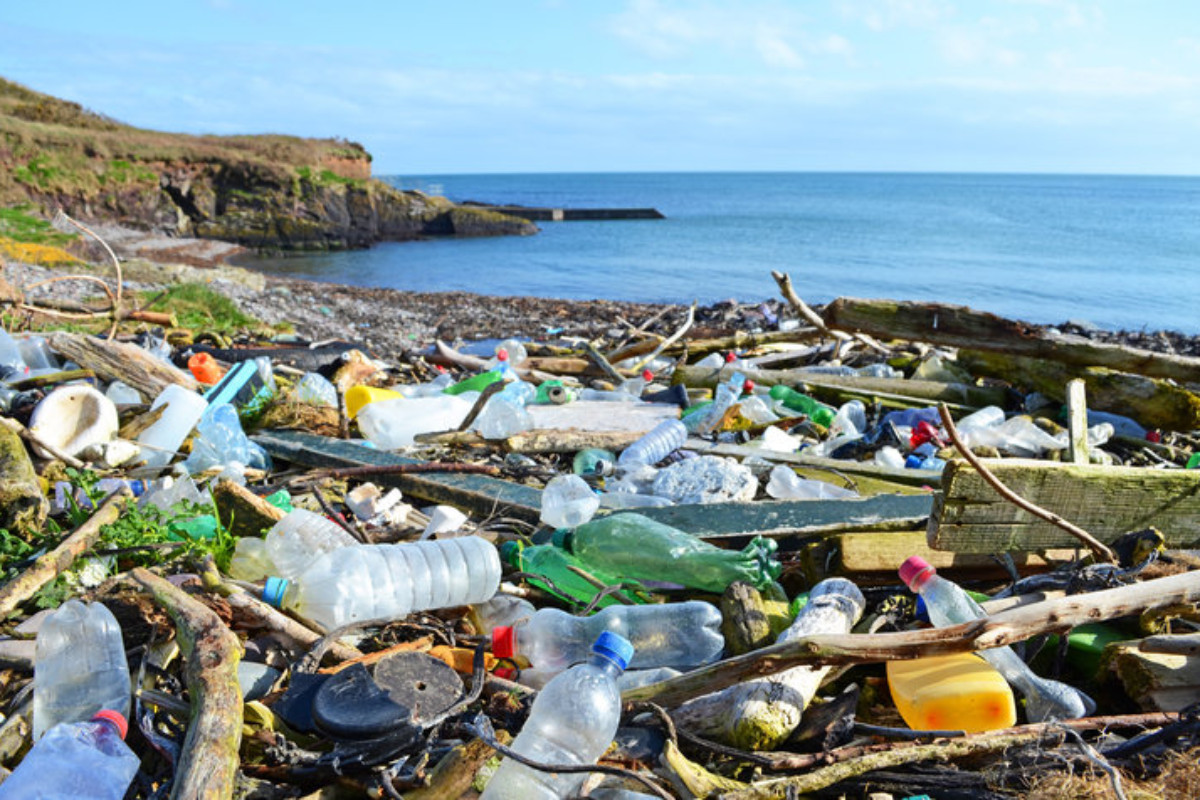
Europe generates more than 26 million tons of plastic waste every year, of which 30 percent ends up in landfills and oceans
End of the Plastic Era?
More than one-fourth of the plastic produced around the world is used in packaging products, reveals Ellen MacArthur Foundation’s study, and in Europe alone, more than 26 million tons of plastic waste is generated. 40 per cent of the waste is destroyed, 30 per cent recycled, and 31 per cent dumped in landfills.
There is a significant pushback from packaging firms like Tetrapack, which risk running out of business if the new ban is implemented in Europe. The company tried defending its plastic products last year but only recently vowed to manufacture eco-friendly straws made out of paper for its milk and juice boxes. Campaigners say that Tetrapack’s initiative is commendable but more extreme measures must be taken to save the planet’s marine life.
Rethink Plastic, a campaign group in Europe said that the ban on the use of plastic products could be groundbreaking but the commission must find a way to eliminate the use of plastic cups and containers which are popularly used in European countries and cause significant damage to the environment.
The commission also proposes a new rule under which countries are required to collect at least 90 per cent of the plastic waste and hand it in to recycling firms to minimize pollution. The commission is hopeful that the EU members states and parliament will approve the proposal within the next year.
More in Medical Conditions
-
Check Your Sodium Intake—Not All Salts You Eat Are the Same
Salt is one of the most basic and most important ingredients in cooking. There are a lot of variants of salt...
November 1, 2023 -
Worried About Diabetes? Here Are Some Common Myths
There are several myths about diabetes that are frequently reported as facts. Diabetes misrepresentations can sometimes be harmful, leading to an...
June 29, 2023 -
Many Patients Pay Their Medical Costs Out Of Their Pockets – Even With Insurance
With rising inflation, it has become difficult for people to even fulfill their basic necessities. They are more concerned about how...
June 6, 2023 -
What Is The Right Weight For Kids And How To Gain Weight Healthily
Keeping your child happy and healthy is the primary concern of every parent. Parents usually focus on providing their young ones...
May 12, 2023 -
Thyroid Disorders in Children: What Parents Need to Know
Thyroid disorders are not limited to adults; they can also affect children. The thyroid gland produces hormones that play a crucial...
April 29, 2023 -
Should Doctors Attend To Patients With ‘Do Not Resuscitate Tattoos’?
Doctors at the University of Miami hospital were confronted with a dilemma when a 70-year-old unconscious man with a tattoo “do...
April 3, 2023 -
Your Antidepressant May Not Work If You Keep Doing This One Thing
People use social comparison to measure their self-worth. Social comparison has been in existence since time immemorial, and it is as...
April 1, 2023 -
Pro Tips on Preventing Hair Breakage While Keeping Your Hair Moisturized at Home
Every one of us is thinking a lot about how to forestall hair breakage and keep them moisturized at home. Since...
March 22, 2023 -
Planning to Travel After Retirement? This is the Best Medicare Coverage for You
Does Medicare insurance go with you once you are out of the country? It’s currently open enrollment period, and while planning...
March 14, 2023

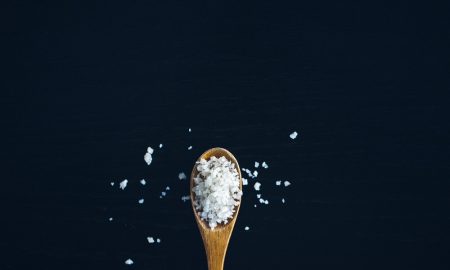
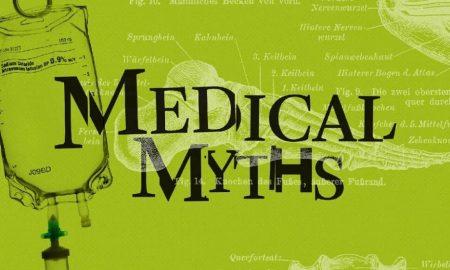

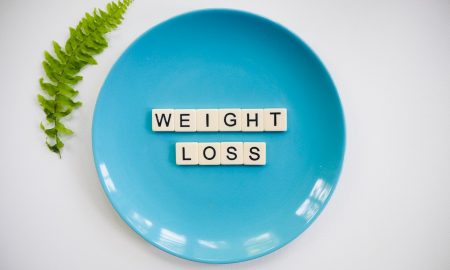










You must be logged in to post a comment Login